Have you ever experience Impostor Syndrome, the sinking sense of self-doubt that make you feel like a fake, a fraud, a phony?
Impostor Syndrome affects every professional, at all levels. Insecure thoughts plague Nobel prize winning authors and stay-at-home parents alike. Both the boss and the intern at a company wonder when someone will expose them for “pretending” to be skilled enough to do their work.
Everyone is fair game for Impostor Syndrome.
However, two groups suffer from negative self-comparisons the worst: students and the tech industry:
“Impostor syndrome is, for many people, a natural symptom of gaining expertise. While impostor syndrome afflicts achievers in every industry, it’s particularly common among those in tech,”
That quote is from Ann Friedman, a technology reporter for the Pacific Standard Magazine.
Friedman identified “those in tech” and people who are “gaining expertise” as the most susceptible to Impostor Syndrome. Unfortunately, that diagnosis applies to everyone in a coding bootcamp like Coder Foundry. All of our students receive a double-barrel blast of The Syndrome as soon as they decide to come here to learn.
That’s why we’re touching on this subject today. In order for you to be successful as a programmer and break into the field (or level up your existing career) it’s important to put a finger on why you’re having less-than-helpful thoughts holding back your progress.
The first step to overcoming Impostor Syndrome is to identify it.
“Research shows that one of the best things we can do is name impostorism, to give students the sense that what they are experiencing is more common than they believe,”
That's from Jessica Collett, a Sociology Professor at the University of Notre Dame.
At Coder Foundry we also find that our teaching methodology gets students over the self-doubt hump very quickly. Our instructors use proven education science to tap into how your brain wants to learn so you can rapidly master complicated subjects.
The feedback we hear is always the same. Students are surprised at how proficient they become in such a short amount of time. Also, because we encourage the class to help each other out of stuck spots, students begin to see other learners as colleagues, rather than competition.
So, our classroom helps current students overcome the fraud feeling. But what about you?
If you’re a prospective student and you’re worried that you don’t have what it takes to be a programmer, what do you do?
It’s a fair question. You need to know if you have the moxie to be a great programmer before you commit 12 or 18 weeks to Coder Foundry. It’s the #1 hesitation we hear from people.
If that’s you, this next bit should encourage you.
Sociology Prof. Collett again:
“Researchers find that impostorism is most often found among extremely talented and capable individuals, not people who are true impostors”
It’s the extremely talented and capable who secretly question their abilities! That’s the Impostor Paradox!
The people who are most capable of doing well at Coder Foundry feel the most anxiety about being good enough for Coder Foundry.
The other paradox is when people are scared away by our rigorous, fast paced course. Yet it’s our fully-immersive method of teaching that guarantees you’ll learn quickly, and be ready for a modern programming job after 12 or 18 weeks!
Here’s the bottom line. Don’t immediately disqualify yourself from Coder Foundry or a programming career in general.
You're likely to be struggling with Impostor Syndrome and not giving yourself a fair assessment.
Yes, there are a common set of character traits that presuppose success as a programmer. And no, a programming career is not for everyone. However because of the fog of Impostor Syndrome, clear self-diagnosis is impossible.
What are those success traits? And how can you get a true sense of if you have them? We’ll write about both of those topics next.
